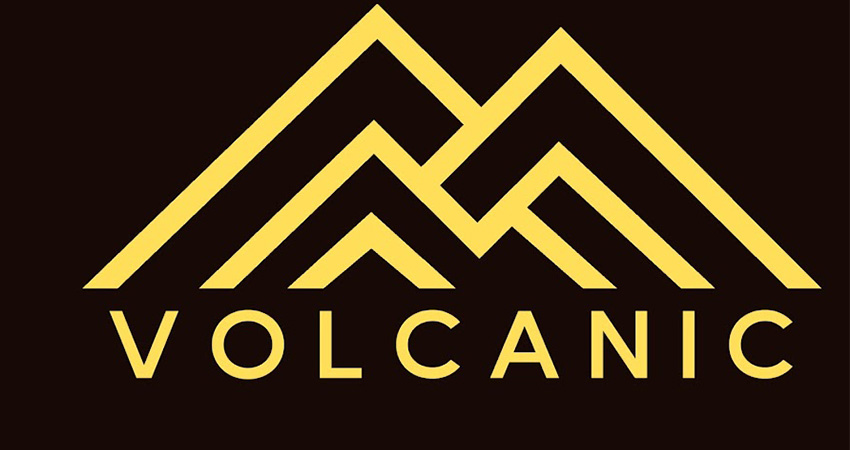Volcanic Retail is bringing a Tinder-style matchmaking capability to facilitate connections between brands and retail buyers, allowing them to connect through its marketplace to quickly determine compatibility and set up deals.
The platform, launched in 2022, already has more than 2,000 retail buyers and 7,000 brands across 11 broad categories including grocery, consumer electronics, toys, pet supplies and hardware. Retailers registered on Volcanic include Tractor Supply, Whole Foods, Walmart, Nordstrom, HEB, True Value, TJX and Overstock.com.
Volcanic Retail is in the middle of a $5 million Series A funding raise, based on a valuation of $29.8 million from Scaler.io, and has raised $2 million in a seed round, according to co-founder Jeremy Brockbank. The company has an 18-member advisory board which includes Tyler Dickman, co-founder of Simply Mac, and Richard Diamond, a former vice president of Office Depot and OfficeMax.
Brockbank, who cofounded Volcanic Retail with his wife Jenny, was president of Kisstixx, a “Shark Tank” brand backed by Mark Cuban. He also led Goal Zero, a seller of portable power solutions, from $100,000 to $17 million in sales in less than three years.
Brockbank said the platform allows sourcing activity to take place outside of tradeshows and other traditional routes, and lets buyers seek out brands outside of scouring sites like Instagram, Pinterest and TikTok.
“I worked for years in retail, and had good success with companies like Anthill Retail, where we augmented sales for 500 brands,” Brockbank said. “I’ve gone to lots of trade shows and dealt with lots of buyers. So, I know in every channel the issues are similar. You go to a show, set up as a brand and hope the right buyer walks by. That worked until 2008 to 2010, with the advent of social.”
The trade show route was completely eliminated in 2020 and much of 2021, in the wake of the pandemic lockdowns, Brockbank said. This left a $34.4 billion whitespace of budgets not spent on about 120 B2B events, based on Statista’s estimate from 2019. That opened the door wide for a solution like Volcanic Retail, he said.
Brockbank ran the concept by Curtis Toone of Ensign Peak Advisors, himself a former startup entrepreneur, who was bullish on the idea. He then began applying for patents in 2017.
Buyers scouring social platforms to identify hot brands recommended by influencers or ambassadors still need to conduct a lot of research to determine compatibility. “How long does it take to ship? What is the minimum case pack? Do they have liability insurance? Where is it shipped out of? Is it American made?” Brockbank said. “There are myriad questions retailers need answered. That type of information isn’t available on social. Buyers have to ask the same questions over and over again to find the right potential brand to source.”
Using the platform also eliminates the considerable expense of international brands looking to expand into another market by establishing a presence or attending an event, he said. International brands make up 10% to 20% of those on Volcanic Retail.
“Typically, if you’re a new brand, you have a Kickstarter or Indiegogo campaign,” Brockbank said. “The last thing you want to do is risk significant capital setting up shop in the U.S. or elsewhere, unsure if retailers will buy your products. With Volcanic, it could be a retailer from France and a brand from the UK. It shrinks the retail world.”
The platform is free for retailers, and brands can sign up for no charge in 2023, with an annual per-seat cost of $297 in 2024. Retailers are added using publicly available information, or can create their own page, and are designated with a Volcanic logo once they register. Brands can also invite a retailer to join and “claim” their page.
Predictive analytics from Start Studio – which has taken an equity stake in Volcanic Retail – classifies and categorizes retailers based on a range of parameters, then acts as a recommendation engine for brands seeking retail partners.
“If I’m a retail buyer of toothpaste for a national pharmacy chain, there could be a couple hundred brands,” Brockbank said. “You might have specific margin requirements, MSRP, certain ingredients, payment terms, etc. You put in the filters and it populates the two or three most applicable brands. The buyer and a brand can then chat in the portal.”

